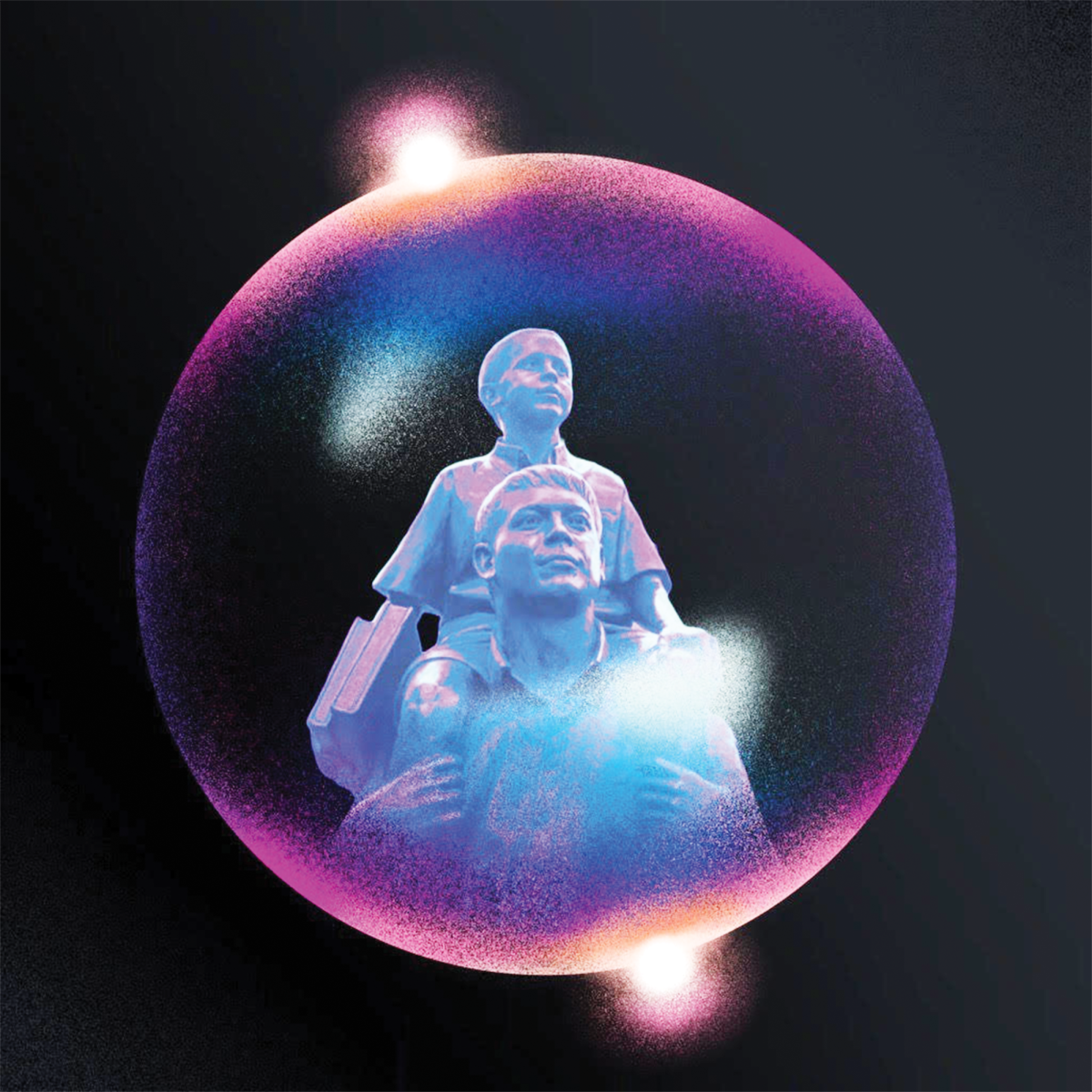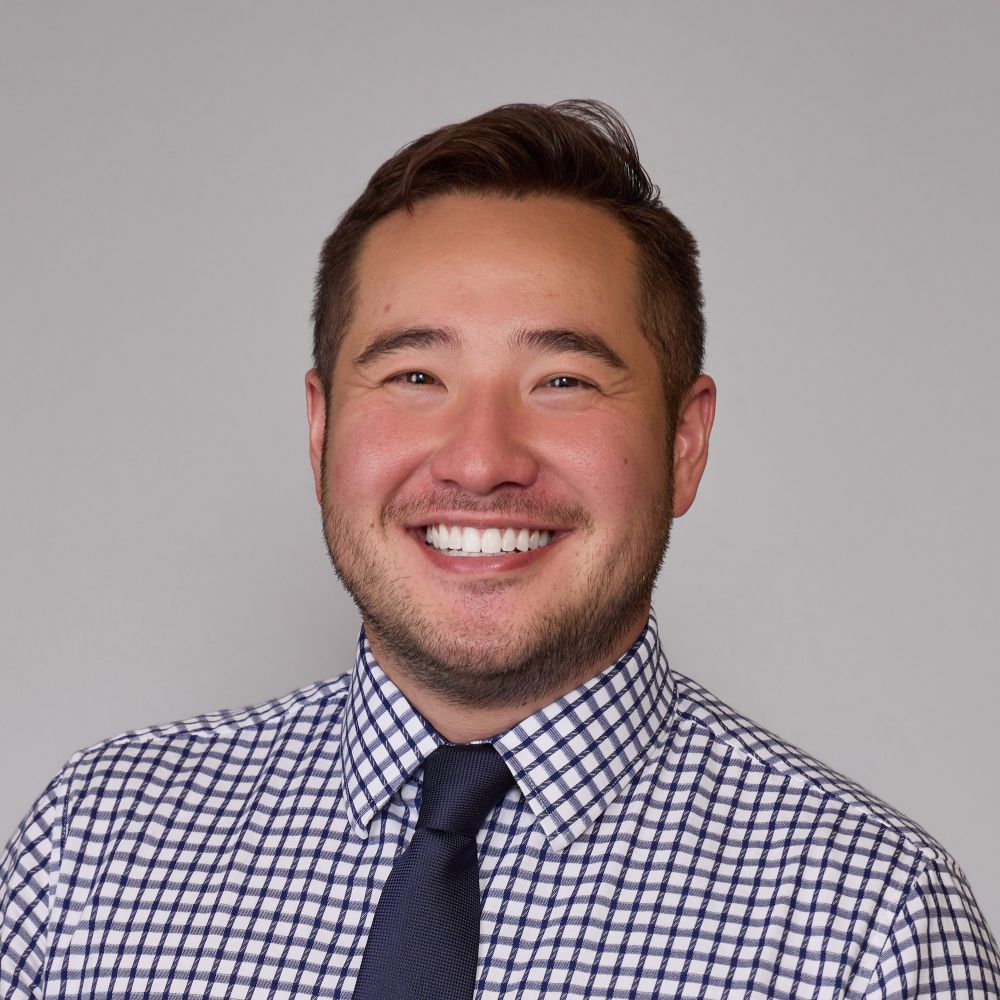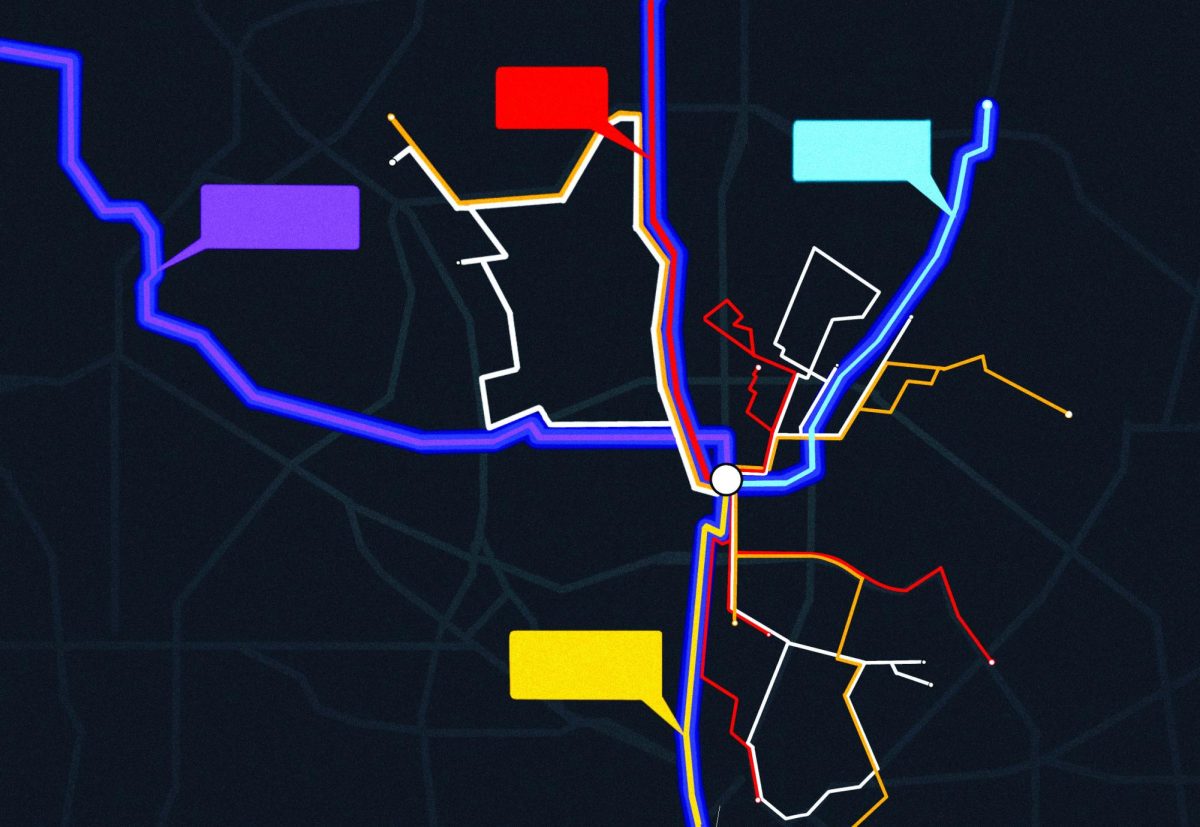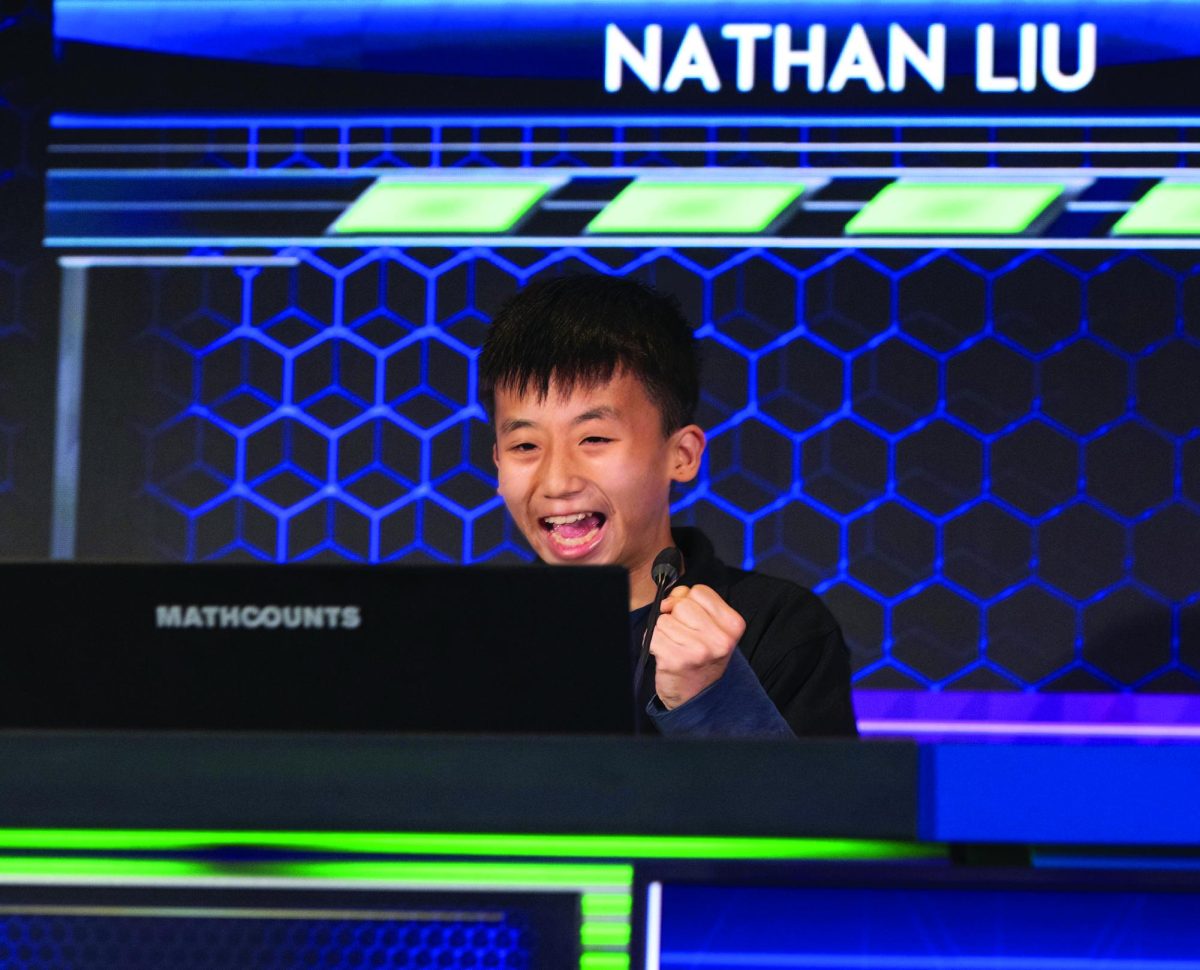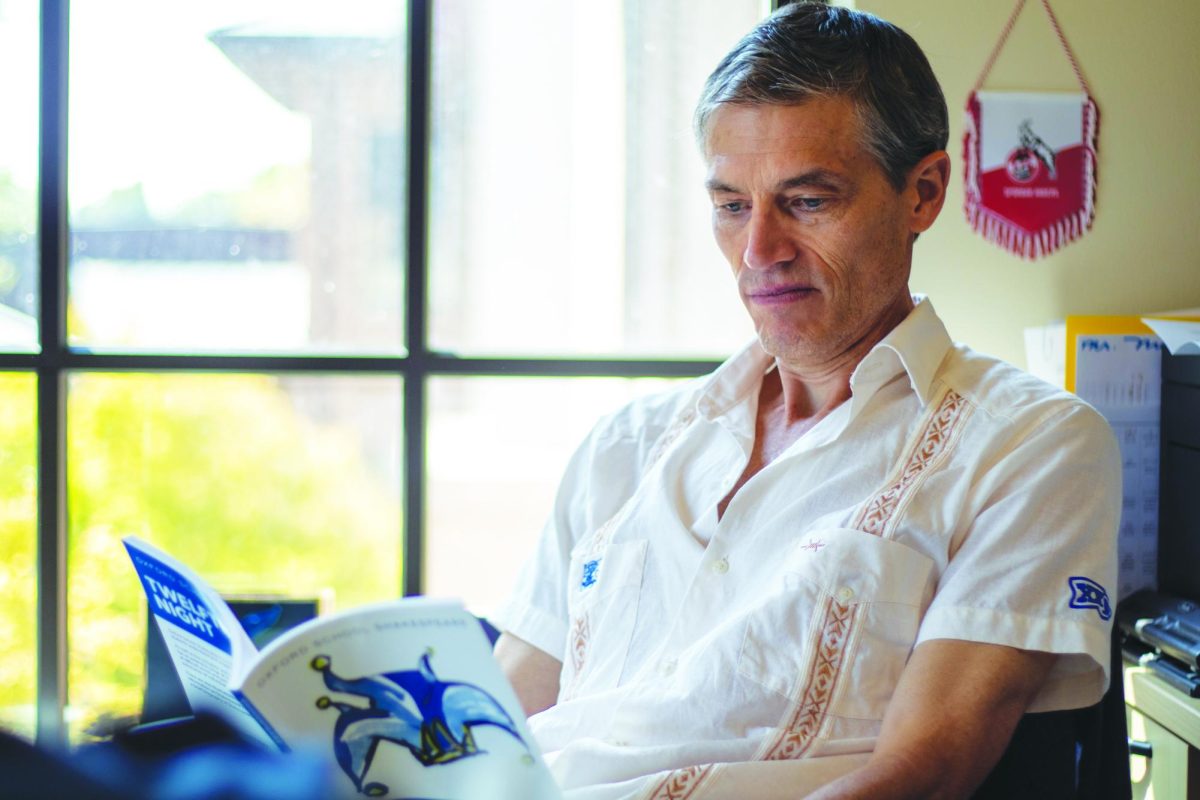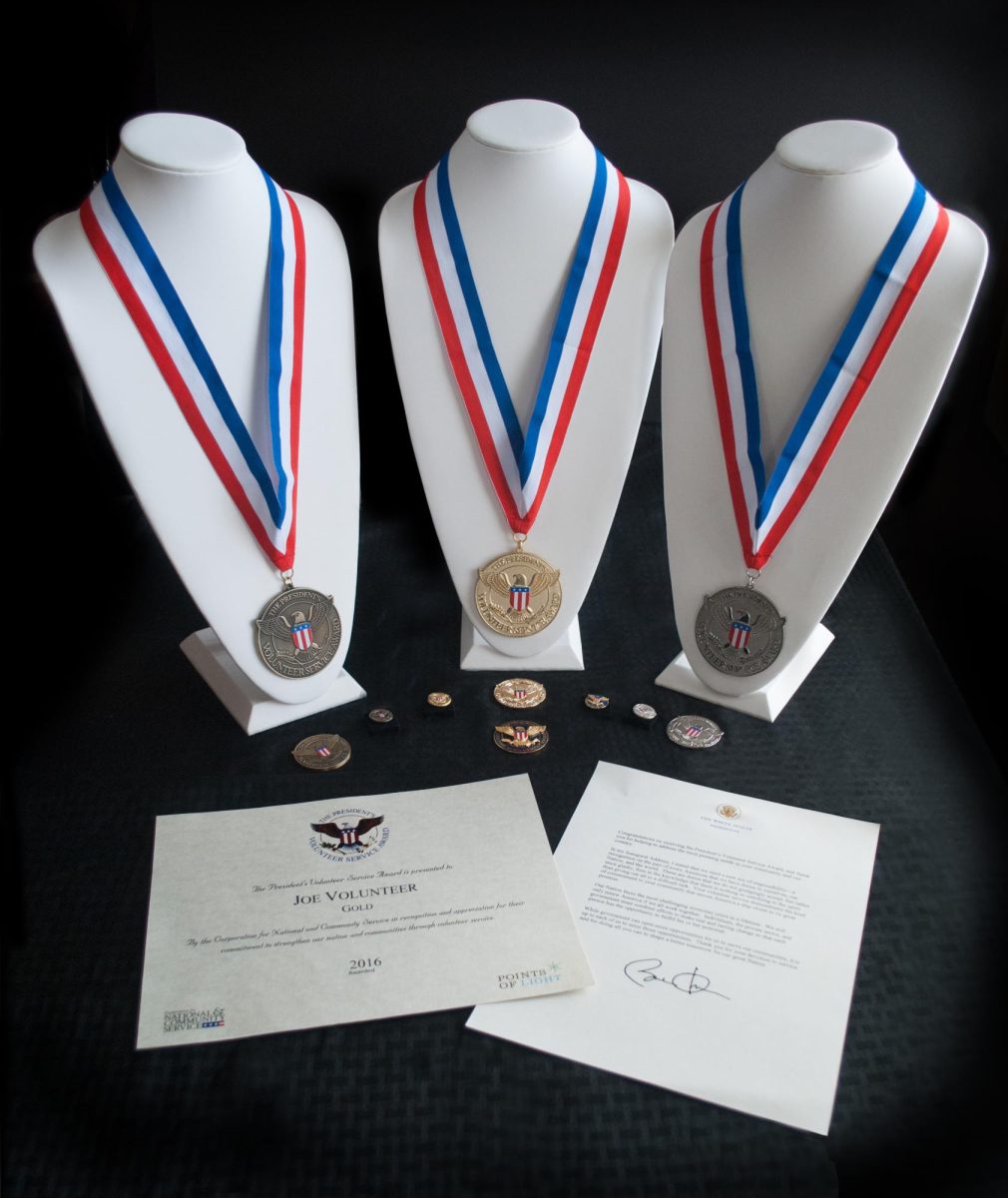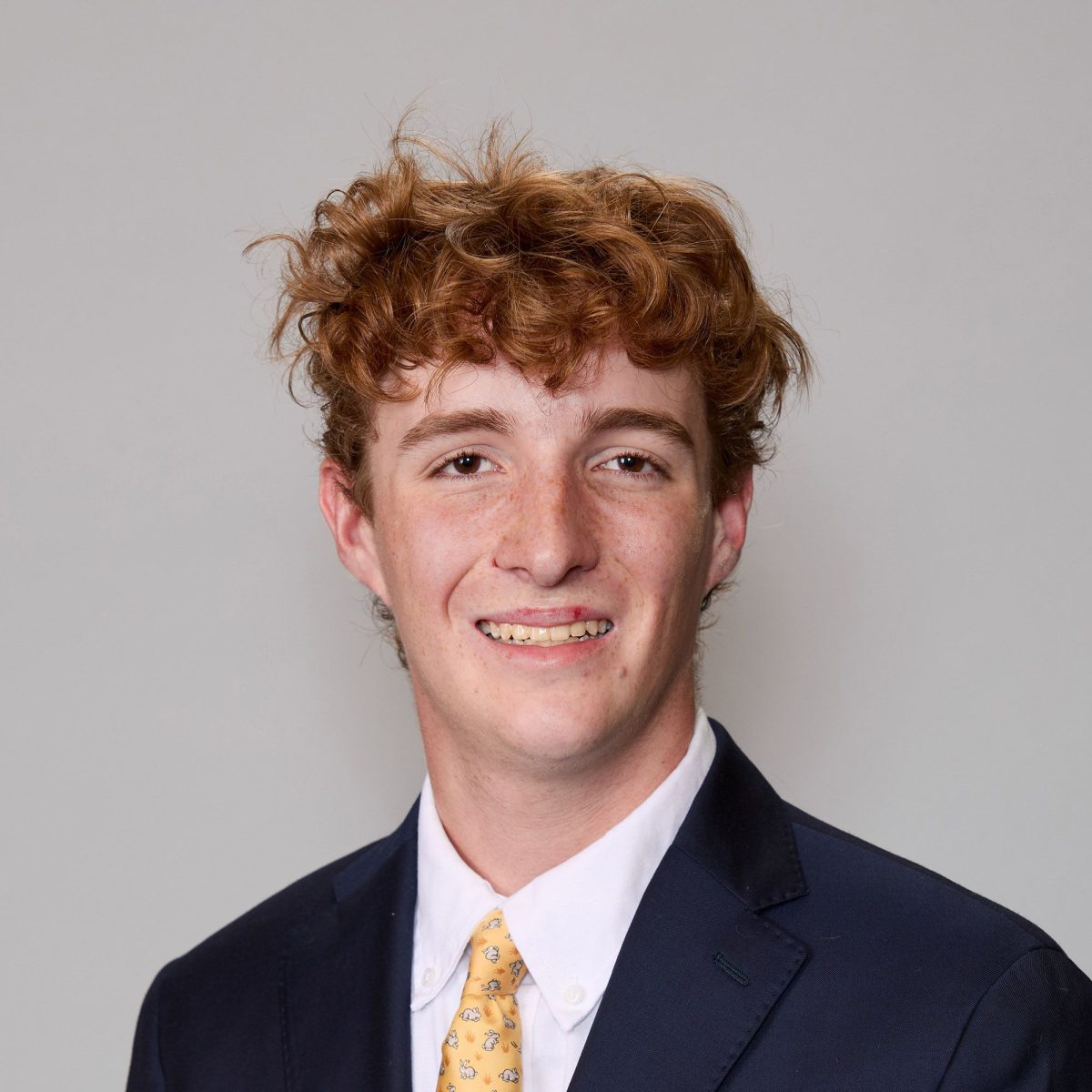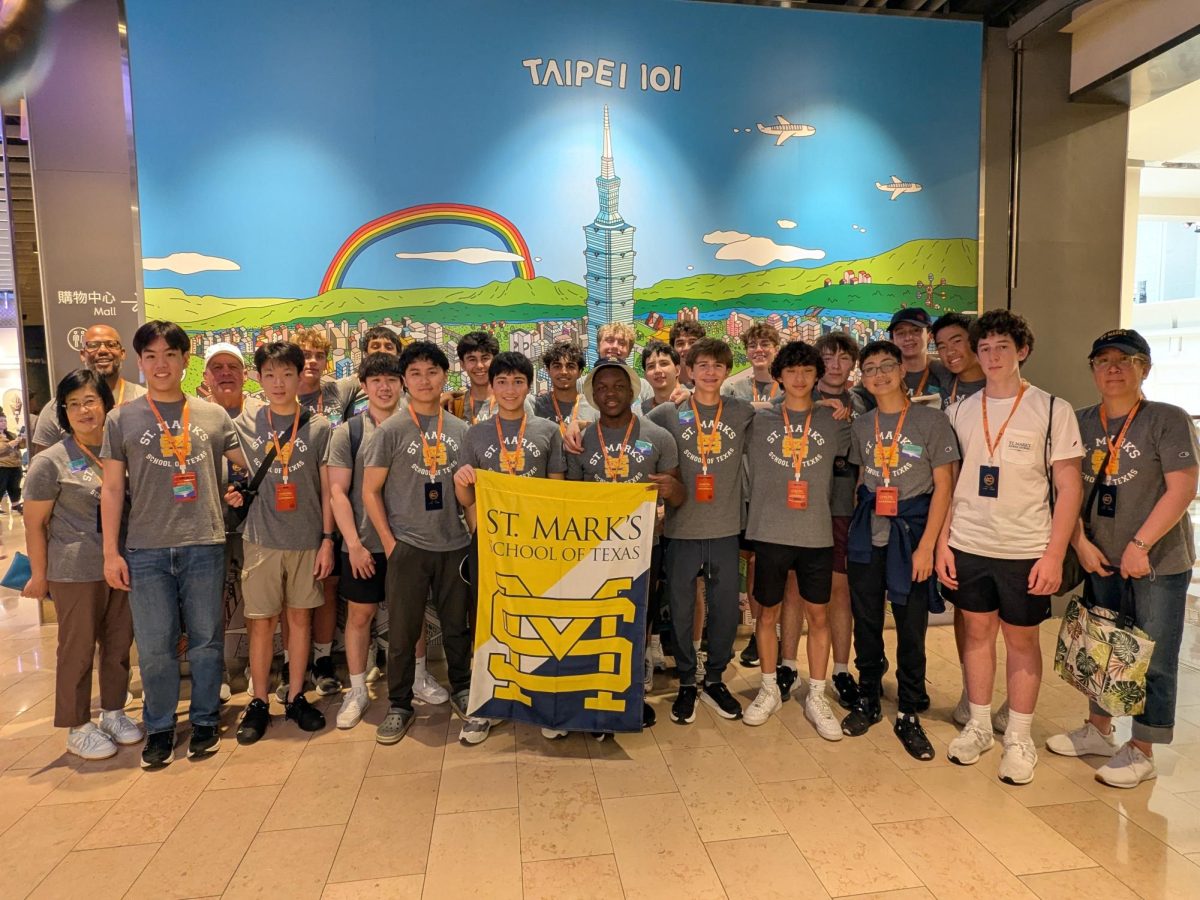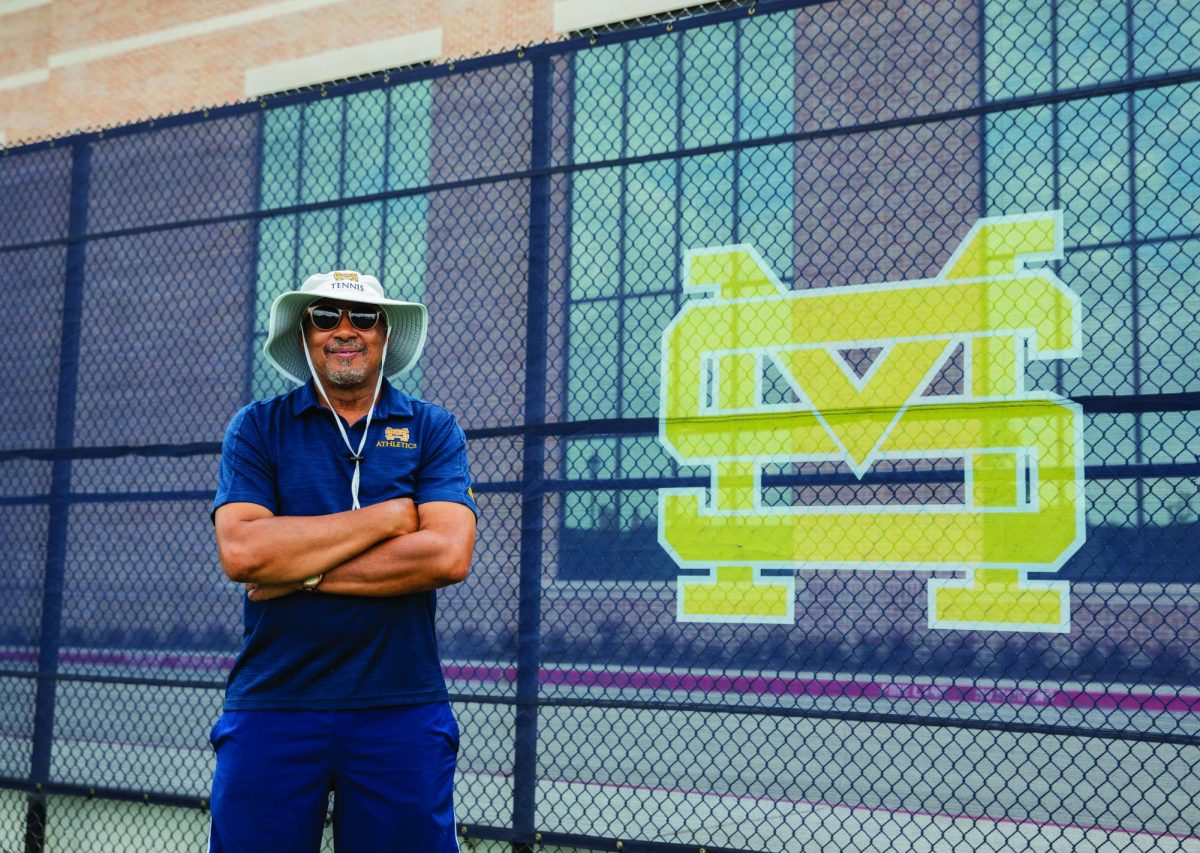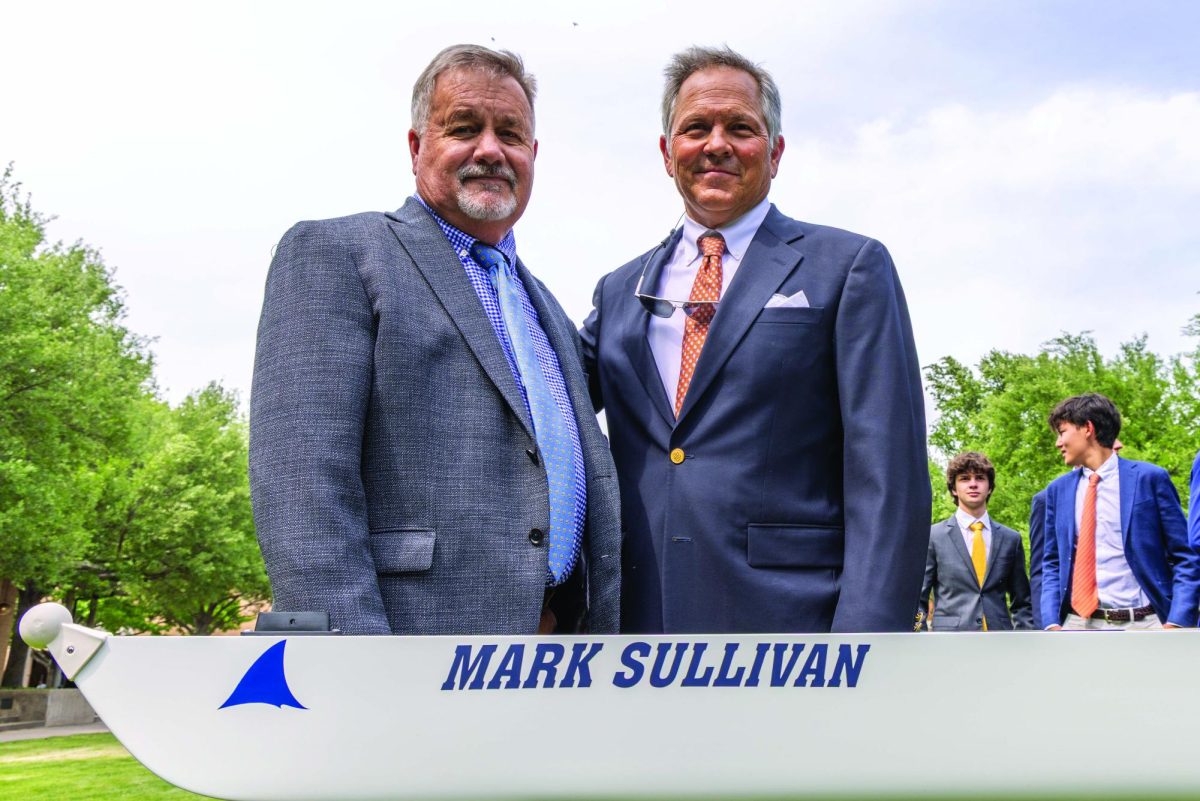Alone — no parents and no friends nearby to rely on — for the first time in their lives.
College is an invitation to restart, to meet a wider, more diverse group of people and to make new connections that can’t be found here.
The transition from about 100 people in each grade to several thousand in a graduating class makes magnitudes of contrast. The occasional acknowledgment students give to others while passing them in the hall disappears, and the familiarity with every person in the grade is gone.
“It’s a big difference. You’ll see people on your walk to class that you’ll never ever see again,” Brett Honaker ‘21 said.
A campus occupied by over 30,000 students, the University of California at Los Angeles (UCLA) is almost its own little city.
“In terms of making friends in class, most people just tend to mind their own business,” Honaker said. “You really only make friends in discussion classes, where you work in groups, because during lectures, everybody’s paying attention and not talking at all.”
In addition to hardly knowing other students, connecting with professors also becomes difficult, since they are responsible for hundreds of students. In contrast to many teachers here, who are at most responsible for under a hundred students, the teaching seems more impersonal.
“I definitely did miss getting to talk to the teachers a bit more,” Morgan Chow ‘23 said. “But again, that’s to be expected. There’s so many people at school.”
While most colleges do offer smaller classes where students can converse with the teachers daily, many required courses that all students must take are still lecture-based.
“Especially for my math class, (since) it is a lecture class, you’re just sitting there writing stuff down,” Chow said. “It felt a lot more intimate at St. Mark’s, like in Dr. Feng’s class, I felt very open to talk.”
In a vastly different environment, students also lose the people they depend on the most: parents. Waking up in the morning and not having reassuring conversations or sharing warm breakfasts with them is a reality that many college students have to adjust to.
“For me, I rely on my parents a lot,” Nicolas Gomez ‘22 said. “Not having the support of physical parents, in your house while you’re doing homework, and then giving you dinner, things like that. Not having a stable home environment is the biggest change, socially.”
While the new and diverse environment of a college may seem daunting for some, it was always something that Chow looked forward to experiencing.
“To me, it’s not a bad thing that I don’t know everyone in my class,” Chow said. “I’m really happy with the people that I do know, and I want to get to know more people. And also, the fact that it’s such a bigger class compared to St. Mark’s makes it a lot easier for me to find people that I connect with, because there’s so many more people that I can meet and get to know.”
In colleges, students are from across the U.S. and throughout the globe, creating a community that is exponentially larger. But this is not necessarily a drawback — the newfound heterogeneity offers more opportunities for unique connections and friendships.
“There’s a wider variety of people with different backgrounds,” Chow said. “So, it makes it a lot more interesting to get to know these people.”
Despite the changes that graduating seniors have to make when entering college, a welcoming atmosphere still exists. At Columbia, Chow found most of his new friends mostly through extracurricular activities, something that Marksmen can relate to.
“I’m in an acapella group and a business club based on entrepreneurship, and both of these clubs are kind of small,” Chow said. “When I’m in the audition process or applying to these places, I’ve met a lot of people. You find people who are not similar to you but people whom you can still really connect with.”
With his new friend group, Chow feels a strong sense of belonging, which he believes will continue to grow as his time at Columbia lengthens.
“I’m really excited to go back and see more people,” Chow said. “I really feel like I have found a community of people that I really connect with. I’d say it’s starting to become my home…I’m really proud to be a Columbian.”


